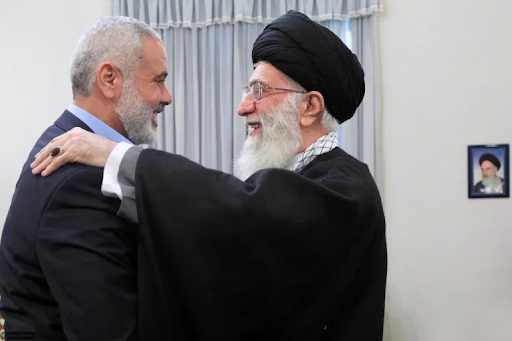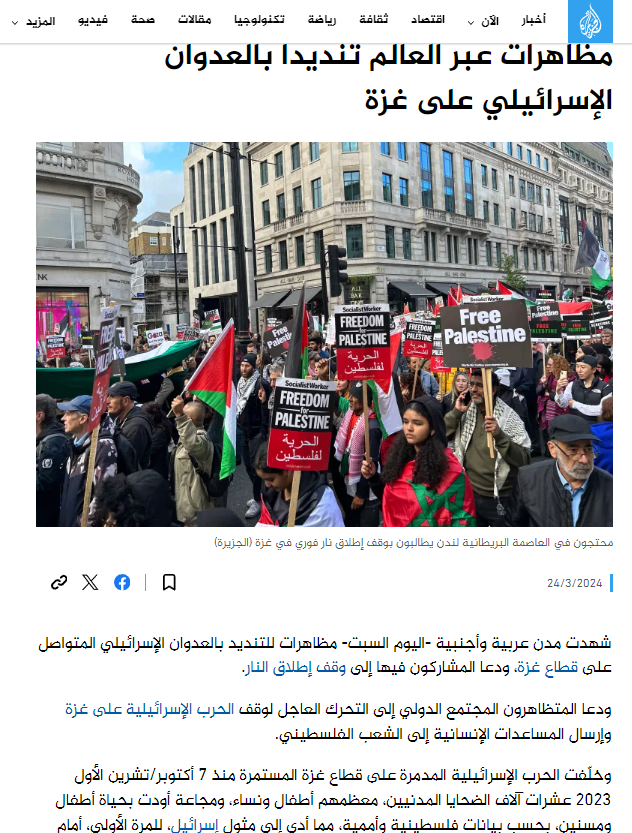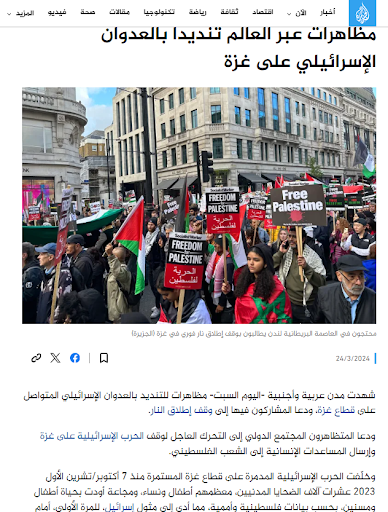
Trump signs order EO considering any attack on Qatar as security threat to US--Israel’s Strike on Qatar Shakes US Credibility in the Gulf
The United States has long positioned itself as the primary security guarantor for Gulf states, but that image has been severely shaken following Israel’s unprecedented strike on Doha earlier this month. Despite Qatar’s role as host to the largest US military installation in the Middle East, and despite decades of close security cooperation, Israel—a close American ally—was able to carry out an attack on Qatari soil with no immediate US response.
The incident rattled regional leaders and raised difficult questions: if Washington cannot—or will not—restrain Israel from striking a partner it formally protects, how reliable can its security assurances really be?
In an effort to repair the damage, President Donald Trump this week signed an executive order declaring that “any armed attack on the territory, sovereignty, or critical infrastructure of the State of Qatar” will be treated as a direct threat to the peace and security of the United States. The order commits Washington to take all “lawful and appropriate measures”—including diplomatic, economic, and if necessary, military action—to defend both American and Qatari interests.
The timing was no accident. The decree came just three weeks after Israel’s air strikes targeting Hamas leaders in Qatar, an operation that provoked outrage in Doha and embarrassment in Washington. While Israeli Prime Minister Benjamin Netanyahu has since issued a rare apology to Qatar, the episode left a lingering sense that US security guarantees may be more fragile than Gulf states had assumed.
At stake is not just the bilateral relationship with Qatar, but the broader credibility of the United States as the cornerstone of Gulf security. For years, Washington’s promise of protection has been central to its influence in the region, countering both Iranian power and the growing appeal of alternative security partners such as China and Russia. The failure to prevent or deter the Israeli strike cut to the heart of that credibility.
Complicating matters further is the ongoing war in Gaza. Qatar has played a key mediating role in negotiations, including talks aimed at securing a ceasefire and addressing the humanitarian crisis. If Washington, working through Doha, can help deliver a viable and lasting deal, it could partially repair the trust eroded by Israel’s attack. Such success would reaffirm the US as not only a military protector, but also as a diplomatic broker capable of shaping outcomes in the region.
But the risks are equally stark. If a Gaza deal collapses or fails to halt the bloodshed, the damage to Washington’s standing could be irreparable. Gulf leaders may conclude that the United States lacks both the will and the leverage to restrain its own allies, let alone manage conflicts across the Middle East.
The executive order signed by Trump is therefore more than a symbolic gesture toward Qatar. It is a test of whether American promises still carry weight in a region where credibility is everything—and where one misstep can reshape alliances for decades to come.
Media reaction and analysis:
Israeli Media noted the changed posture and connected it to the Gaza plan. Israel's Channel 12 correspondent and Axios reporter Barak Ravid says the US will 'dramatically upgrade' its commitment to Qatar's security:
- "As part of the initiative to end the war in Gaza and as compensation to Qatar for the Israeli strike in Doha, President Trump signed a presidential decree on Monday that dramatically upgrades the US commitment to Qatar’s security. This marks an unprecedented security agreement between the US and an Arab state."
- "According to the presidential decree, published today, 'The United States will regard any armed attack on the territory, sovereignty, or critical infrastructure of the State of Qatar as a threat to the peace and security of the United States.'
- "The decree further states: 'In the event of such an attack, the United States will take all lawful and appropriate measures, including diplomatic, economic, and, if necessary, military, to protect the interests of the United States and the State of Qatar and to restore peace and stability.'





































































